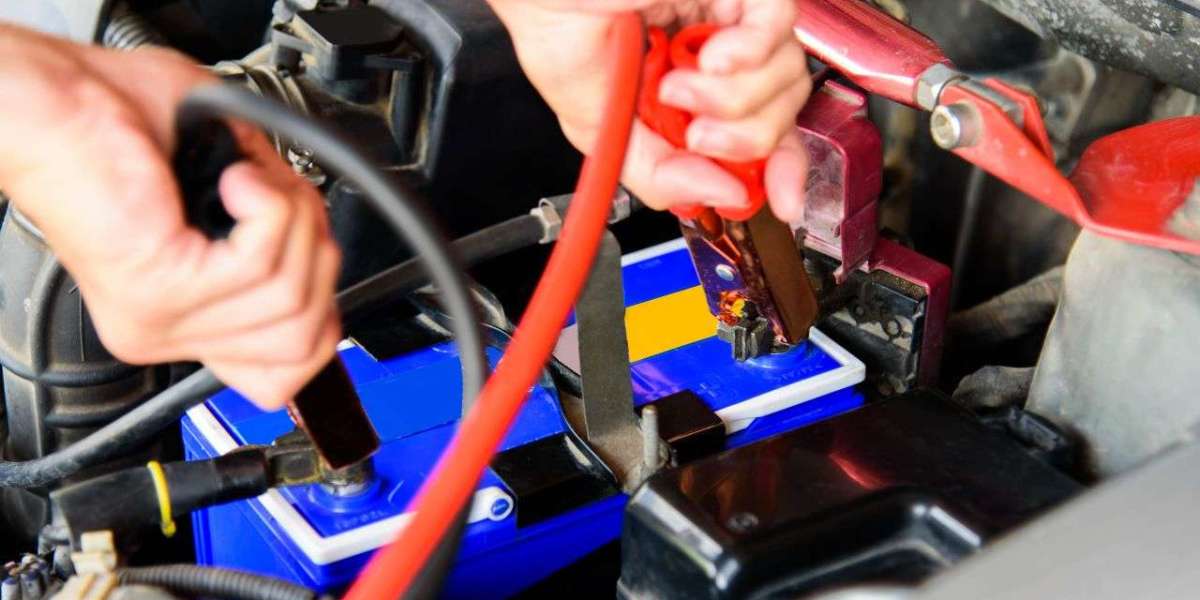Selecting a car battery can feel like navigating a complex maze. With so many options available, vehicle owners often face a dilemma: should they choose the most affordable option or invest in the best car battery? Striking the right balance between quality and cost is essential for ensuring reliable performance, long lifespan, and overall value. Understanding what influences car battery prices and how to evaluate quality allows you to make an informed choice that meets both your vehicle’s needs and budget.
This article explores practical strategies to balance quality and cost when buying a car battery, highlighting factors that impact price, performance, and durability.
Why Choosing the Right Car Battery Matters
A car battery is more than just a starting device—it powers critical systems such as lights, infotainment, climate control, and safety electronics. Selecting an inadequate battery can lead to unexpected failures, frequent replacements, and potential damage to vehicle systems.
According to industry reports, battery-related issues account for approximately 25% of roadside breakdowns. This statistic underscores the importance of investing in a battery that provides consistent performance, regardless of price.
Factors That Affect Car Battery Prices
Understanding what drives car battery prices helps in evaluating value versus cost:
1. Battery Type
Different battery technologies come with varying costs and performance levels:
Lead-Acid Batteries: Economical and reliable for standard vehicles but may have shorter lifespans.
AGM Batteries: Designed for higher performance, with better charge retention and vibration resistance.
EFB Batteries: Ideal for start-stop systems, offering improved durability and efficiency.
Lithium-Ion Batteries: Advanced technology with superior longevity, primarily used in hybrid or electric vehicles.
2. Brand Reputation
Trusted brands like Varta, Exide, and Amaron ensure quality materials, strict manufacturing standards, and warranty support. Brand reputation often affects price, but it also guarantees reliability and performance.
3. Performance Specifications
Battery capacity, Cold Cranking Amps (CCA), and Reserve Capacity (RC) influence both performance and price. Higher CCA and RC ratings improve starting power and endurance, especially in extreme climates, contributing to higher costs.
4. Warranty and Support
Batteries with extended warranties and reliable after-sales support generally cost more upfront but provide peace of mind and long-term value.
Evaluating Quality vs. Cost
Balancing quality and cost requires careful assessment of several factors:
1. Assess Your Vehicle’s Needs
Check your vehicle manual for recommended battery type, size, and specifications. Matching these requirements ensures compatibility, optimal performance, and longevity.
2. Compare Performance Metrics
Cold Cranking Amps (CCA): Ensures reliable engine starts in cold weather.
Reserve Capacity (RC): Provides power to electrical systems if the alternator fails.
Battery Type: Select lead-acid, AGM, EFB, or lithium-ion according to your vehicle’s needs.
3. Consider Longevity and Maintenance
A high-quality battery with minimal maintenance needs may cost more initially but reduces long-term expenses related to frequent replacements or repairs.
4. Evaluate Brand and Warranty
Investing in a well-known brand with an extended warranty guarantees quality and support. Avoid choosing solely based on low cost.
5. Factor in Driving Conditions
Frequent short trips, extreme weather, or high electrical demands can affect battery performance. Choosing a battery that withstands your specific driving conditions improves lifespan and reduces long-term costs.
Practical Tips to Maximize Value
Research Before Purchase: Compare battery types, specifications, and customer reviews to make an informed decision.
Prioritize Compatibility: Ensure the battery fits your vehicle and meets the manufacturer’s requirements.
Inspect Before Installation: Check for defects, proper voltage, and secure terminals.
Perform Regular Maintenance: Even high-quality batteries benefit from periodic checks, cleaning, and voltage monitoring.
Plan for Climate Conditions: Batteries designed for your region’s weather conditions perform more reliably.
For professional advice and a range of high-quality options, visit AutoTaLab’s Battery.
Common Mistakes to Avoid
Choosing Solely on Price: Low-cost batteries may fail prematurely, leading to higher long-term expenses.
Ignoring Vehicle Specifications: An incompatible battery can affect performance and durability.
Neglecting Maintenance: Failure to monitor battery health reduces lifespan regardless of quality.
Overlooking Warranty: Lack of warranty support can result in replacement costs if defects arise.
Long-Term Benefits of Balancing Quality and Cost
Investing in the best car battery that suits your vehicle’s requirements provides multiple advantages:
Reliable starting power and consistent electrical performance
Reduced risk of roadside breakdowns
Lower long-term maintenance and replacement costs
Protection of sensitive electronic systems
Peace of mind knowing your vehicle is supported by a dependable battery
Understanding the Total Cost of Ownership
When evaluating car battery prices, consider total cost of ownership rather than just the upfront price:
High-quality batteries reduce replacement frequency and maintenance needs.
Reliable batteries protect your vehicle systems, avoiding repair costs.
Investing slightly more initially can save time, money, and stress over several years.
Conclusion
Balancing quality and cost when buying a car battery requires careful evaluation of your vehicle’s needs, battery specifications, brand reputation, and environmental conditions. While low-cost options may seem appealing, they often come with shorter lifespans, reduced performance, and increased long-term expenses.
Choosing the best car battery ensures consistent reliability, durability, and optimal performance, providing greater value over time. Understanding the relationship between battery quality, car battery prices, and lifespan empowers vehicle owners to make informed decisions that protect both their investment and their peace of mind. Making the right choice today ensures dependable performance for years to come.








